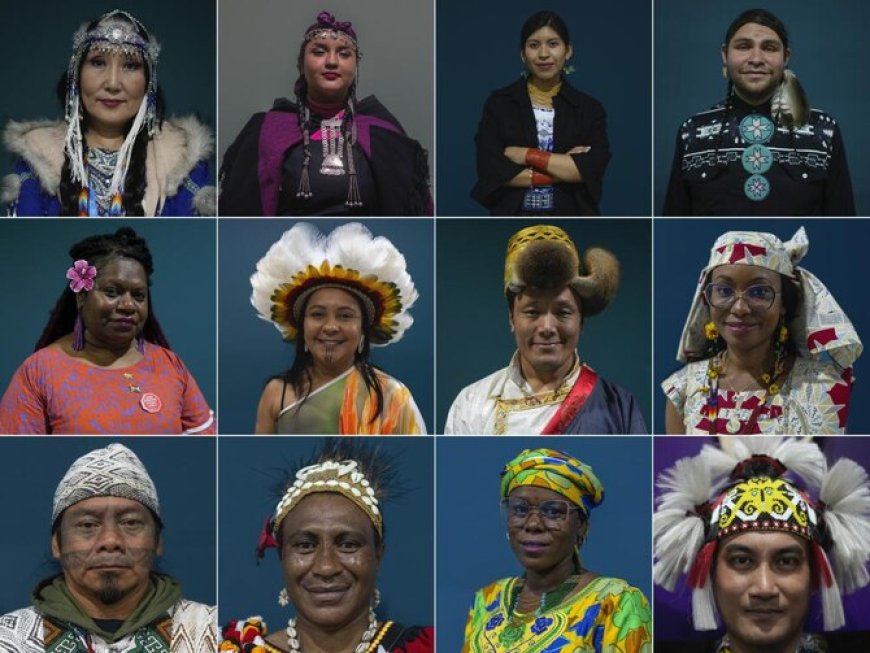Indigenous Voices at COP29: A Call to Confront Climate Change’s Harshest Realities
As COP29 unfolds in Baku, Azerbaijan, Indigenous leaders from across the globe raise urgent alarms about the devastating impacts of climate change on their communities. Representing cultures that have coexisted with nature for centuries, these voices spotlight a critical paradox: while Indigenous peoples are among the most affected by climate change, their traditional knowledge systems offer invaluable solutions for global climate action. Yet, their warnings demand serious global attention, underscoring the stark inequalities and negligence that perpetuate the crisis.

Indigenous leaders from all around the world call urgent alarms about the terrible effects of climate change on their communities as COP29 takes place in Baku, Azerbaijan. Representing societies that have coexisted with environment for millennia, these perspectives highlight a key paradox: although Indigenous peoples are most impacted by climate change, their traditional knowledge systems provide priceless answers for world climate action. However, their warnings call for major worldwide attention since they highlight the extreme inequality and carelessness causing the crisis to endure.
COP 29's testimony presents a bleak picture. Rising sea levels threaten infrastructure and increase gender-based violence in Vanuatu; in Chad, they have caused thousands of fatalities and displaced two million people. Likewise, the Tembé people of Brazil deal with the drying out of important Amazon rivers, while Papua New Guinea struggles with mining-related environmental damage. Deforestation Though they are disproportionately exposed to climate-related calamities, these experiences are not isolated; according to the UN, Indigenous peoples manage 80% of the world's biodiversity. Indigenous people suffer most from climate change, a clear injustice aggravated by inadequate worldwide support even though they contribute less than 5% of global greenhouse gas emissions.
Indigenous people are active change agents among these obstacles, not just victims. From sustainable pastoral methods in Chad to reforestation of damaged Brazilian territory, their contributions highlight the unrealized potential of indigenous ecological knowledge. But world silence on Indigenous-led solutions reflects more general shortcomings in climate policy. Given their biological importance, the latest *Global Biodiversity Outlook* report shows that just 17% of terrestrial areas under Indigenous management are adequately conserved—a sad statistic. The world runs the danger of not just increasing inequality but also losing a crucial ally in the battle against climate change without more robust protections for Indigenous territory and incorporation of their knowledge into mainstream climate measures.
The speakers at COP29 seek systematic transformation rather than only symbolic acknowledgment. This entails giving Indigenous rights first priority in climate negotiations, supporting community-led projects directly, and tightening defenses against environmental plunder. Lessons from these people provide a road forward anchored in respect of the environment and a dedication to equity as the climate catastrophe develops. Policymakers have to grab this opportunity to act, or risk neglecting the very voices guiding a sustainable future.













































